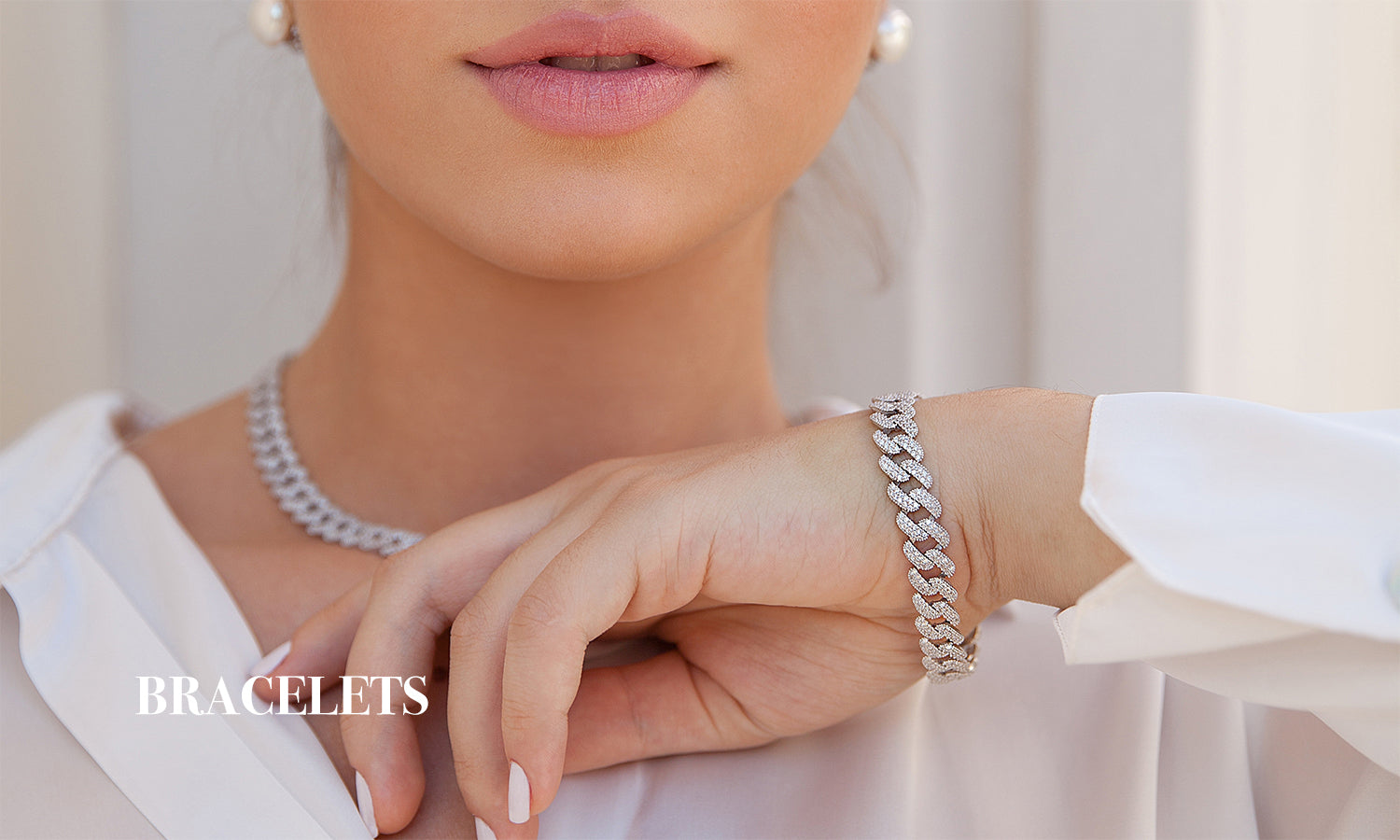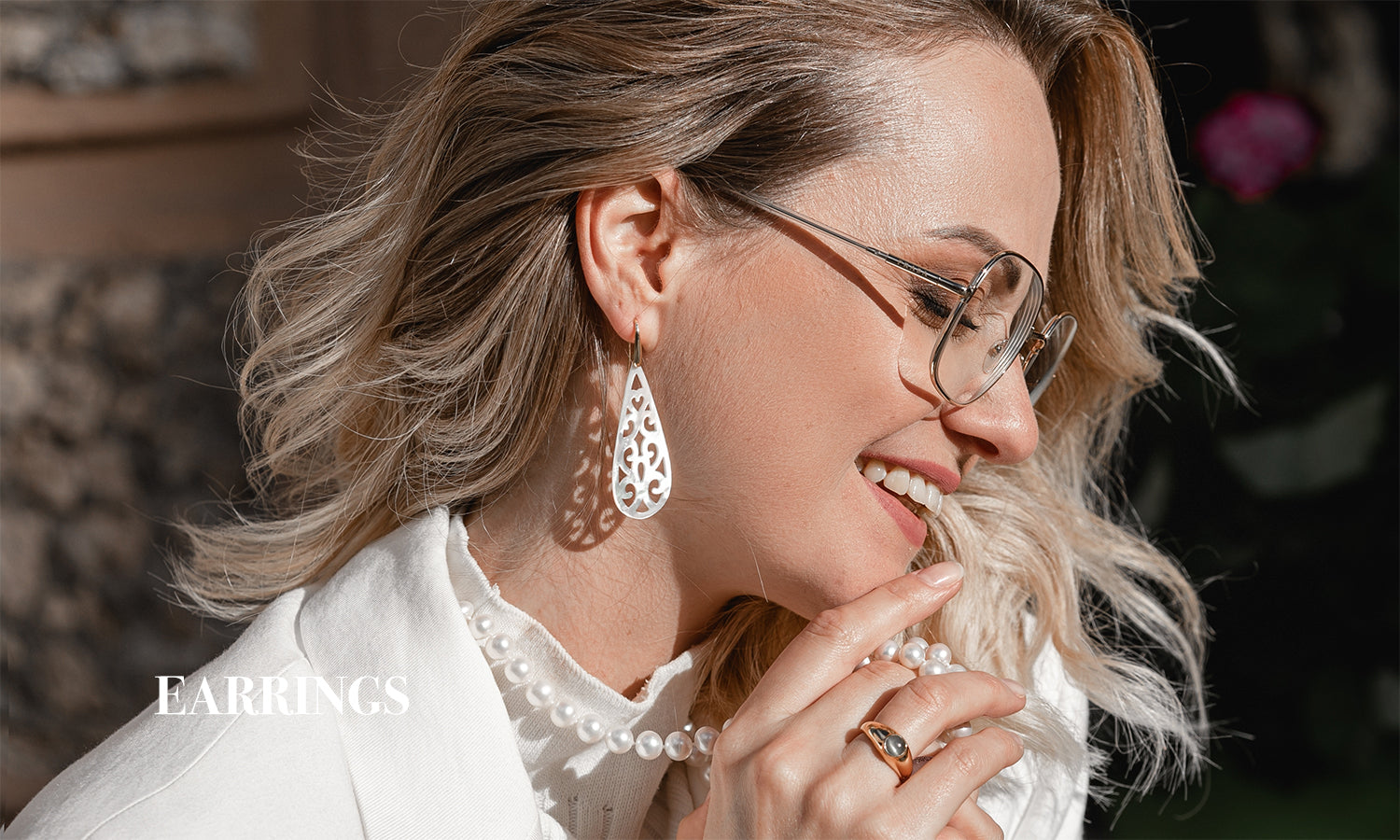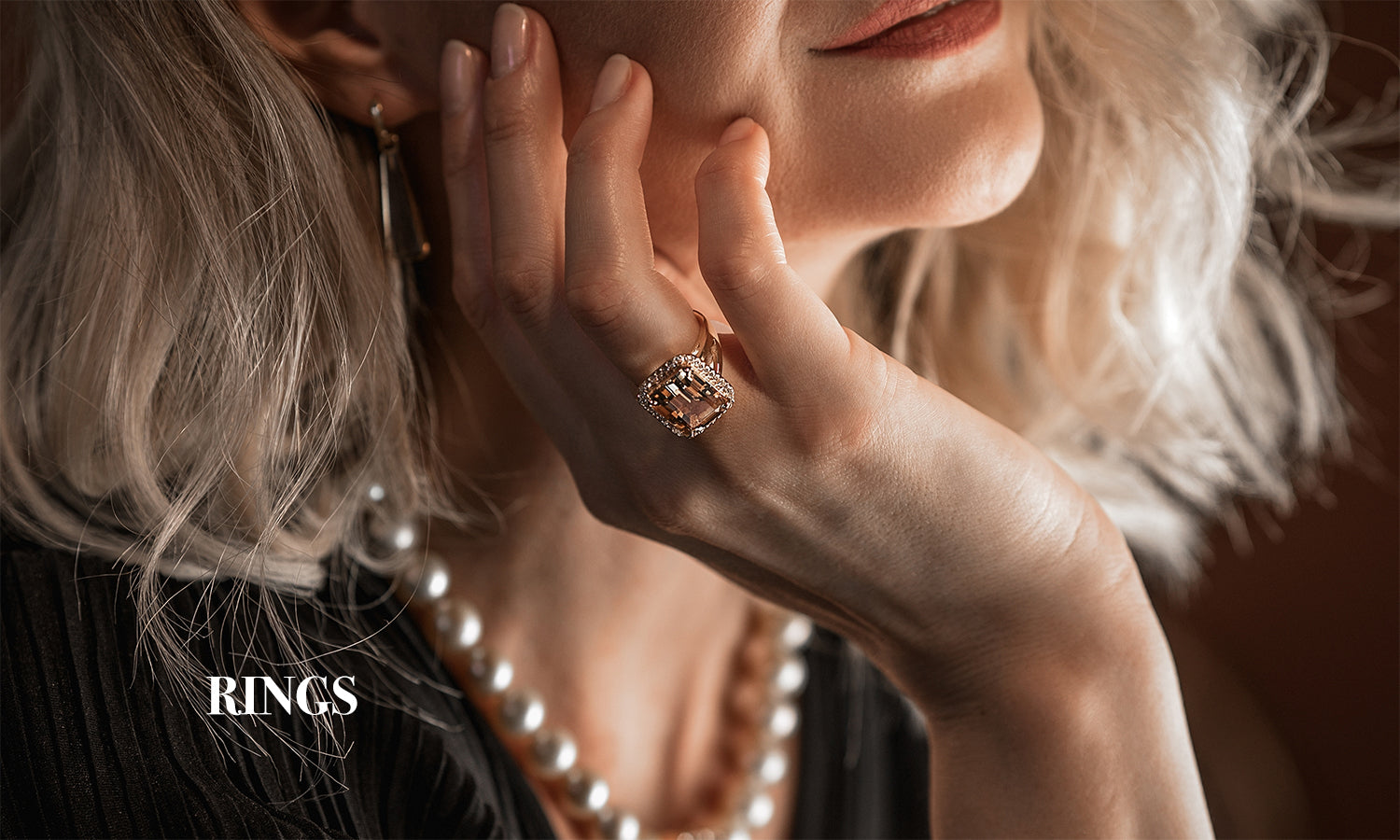The glittering world of jewelry often obscures the complex ethical considerations woven into its creation. From mine to market, the journey of a piece of jewelry can involve environmental damage, labor exploitation, and unsustainable practices. However, growing awareness of these issues is driving a positive shift towards ethical and sustainable jewelry production. This article explores the ethical landscape of jewelry making, helping you make informed and responsible purchasing decisions.
Background and Importance

For centuries, jewelry has held cultural and personal significance, symbolizing status, tradition, and individual expression. However, the jewelry industry’s impact on people and the planet is undeniable. Unethical practices include:
- Conflict Minerals: The use of minerals like gold, coltan, and diamonds mined in conflict zones, fueling violence and human rights abuses.
- Poor Labor Practices: Exploitation of workers, including child labor, unsafe working conditions, and unfair wages, are prevalent in parts of the jewelry supply chain.
- Environmental Degradation: Mining activities can lead to deforestation, water pollution, and habitat destruction. The use of unsustainable materials also contributes to environmental problems.
Trends in Ethical Jewelry
The demand for ethical jewelry is rapidly increasing. Consumers are now seeking transparency and traceability in the supply chain. Key trends include:
- Recycled and Upcycled Materials: Utilizing pre-owned metals and gemstones reduces environmental impact and resource depletion.
- Lab-Grown Diamonds and Gemstones: Offering a sustainable alternative to mined stones with similar aesthetic qualities.
- Fair Trade and Ethical Sourcing: Certifications and initiatives ensuring fair wages, safe working conditions, and environmental protection throughout the production process.
- Sustainable Packaging: Minimizing waste and using eco-friendly materials for packaging.
Popular Ethical Jewelry Styles

Ethical jewelry spans a wide range of styles, catering to diverse tastes:
- Minimalist Designs: Simple, elegant pieces often made with recycled metals.
- Bohemian Styles: Incorporating natural elements like ethically sourced gemstones and recycled beads.
- Vintage and Antique Jewelry: Giving pre-loved pieces a new life, reducing demand for newly mined materials.
Tips for Choosing Ethical Jewelry
- Look for Certifications: Seek out brands with certifications like Fairtrade, Fairmined, or Responsible Jewellery Council (RJC) membership.
- Research the Brand: Investigate the brand's sourcing practices, manufacturing processes, and commitment to ethical and sustainable production.
- Ask Questions: Don’t hesitate to contact the brand directly to inquire about their ethical sourcing policies.
- Support Small, Transparent Businesses: Smaller companies often have better control over their supply chains and can be more transparent about their practices.
Key Benefits or Features of Ethical Jewelry
- Reduced Environmental Impact: Minimizes pollution and resource depletion.
- Improved Working Conditions: Supports fair wages and safe working environments for artisans.
- Social Responsibility: Contributes to positive social and economic development in communities.
- Peace of Mind: Knowing your purchase supports ethical and sustainable practices.
Detailed Care Instructions
Proper care ensures the longevity of your ethical jewelry. Instructions vary depending on the materials used:
- Cleaning: Gentle cleaning with warm soapy water and a soft cloth is usually sufficient.
- Storage: Store jewelry individually in soft pouches or boxes to prevent scratching.
- Avoid Harsh Chemicals: Keep jewelry away from perfumes, lotions, and harsh cleaning products.
FAQ and Common Concerns
- Is ethical jewelry more expensive? Often, yes, due to the higher labor and production costs associated with ethical practices.
- How can I be sure a brand is truly ethical? Thorough research and looking for third-party certifications are crucial.
- What if I can’t afford ethical jewelry? Prioritize buying less often and choosing higher-quality, longer-lasting pieces.
Precautions and Warnings
- Beware of Greenwashing: Some brands may make misleading claims about their ethical practices.
- Check for Allergies: Be aware of potential metal allergies before purchasing.
Alternative Care Methods
For specific gemstones or metals, consult a jeweler for specialized cleaning instructions.
Expert Tips and Additional Advice
- Invest in Quality Pieces: Well-made jewelry lasts longer, reducing the need for frequent replacements.
- Consider Repairing or Repurposing Old Jewelry: Give old pieces a new life instead of discarding them.
Planderful Jewelry: Your Ethical Jewelry Destination
When shopping for ethical jewelry, it's important to support brands that align with your values. Planderful Jewelry is a leading provider of sustainable and ethically crafted jewelry. With a commitment to using eco-friendly materials and fair trade practices, Planderful offers a wide selection of ethically sourced and beautifully designed jewelry pieces.
Explore Planderful’s stunning collections:
- Earrings Collection: Browse their Earrings Collection for timeless designs made with care and consciousness.
- Bracelets Collection: Check out the Bracelets Collection for pieces that embody both style and ethical craftsmanship.
- Necklaces Collection: Discover the Necklaces Collection for elegant necklaces made with sustainable materials.
- Rings Collection: Explore the Rings Collection for rings that combine beauty and responsibility.
By choosing Planderful Jewelry, you’re not only investing in stunning pieces, but also supporting ethical and sustainable practices that make a difference.
Conclusion
Choosing ethical jewelry is a powerful way to support responsible practices and make a positive impact. By understanding the ethical considerations involved in jewelry production and making informed choices, you can contribute to a more sustainable and equitable future for the industry. The beauty of ethical jewelry lies not only in its aesthetic appeal but also in its positive social and environmental implications. By supporting ethical brands like Planderful Jewelry, you are investing in a more just and sustainable world.





